IVF
How to submit an article:
- Registered users can submit any published journal article that has a unique DOI (Digital Object Identifier) name or link to Research Hub.
- For example, you can paste the full DOI link:
https://doi.org/10.1109/5.771073or just the DOI name:10.1109/5.771073into the field above and click submit. - The person who is first to submit a valid article to Research Hub will forever be credited for it, and every article submission earns you +6 Research Points.
Also known as: In Vitro Fertilisation
Sub-Topics:
Related Topics
Published research studies are articles that present the findings of original research that has undergone a peer-review process and has been made publicly available in scholarly journals, books or other media.

Effect of omega-3 supplements or diets on fertility in women: A meta-analysis
2024 Apr Heliyon Trop-Steinberg S, Gal M, Azar Y, Kilav-Levin R, Heifetz EM
Systematic Review Meta-Analysis IVF Female Fertility Omega-3 Fatty AcidsIncreased omega-3 intake significantly improves women's chances of pregnancy and fertilization rates.
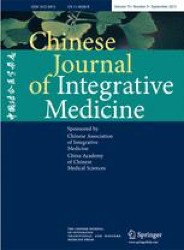
Pregnancy Benefit of Acupuncture on in vitro Fertilization: A Systematic Review and Meta-Analysis
2023 Oct 10 Chinese Journal of Integrative Medicine Zhang H, Zhang C, Ma P, Sun C, Sun C, Liu X, et al.
Systematic Review Meta-Analysis IVFAcupuncture may have a positive impact on clinical pregnancy rate and live birth rate in women undergoing in vitro fertilization (IVF), although the results are limited by the heterogeneity of the current evidence.
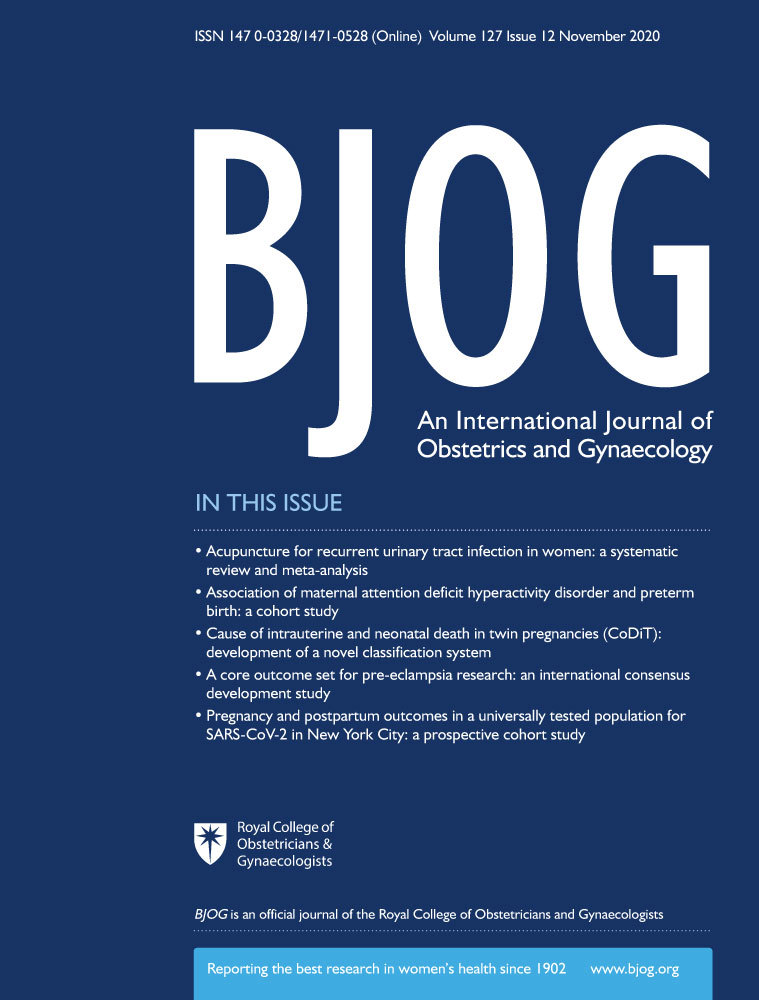
A systematic review and meta-analysis of acupuncture in in-vitro fertilisation
2023 Sep BJOG: An International Journal of Obstetrics & Gynaecology El-Toukhy T, Sunkara SK, Khairy M, Dyer R, Khalaf Y, Coomarasamy A
Currently available literature does not provide sufficient evidence that adjuvant acupuncture improves IVF clinical pregnancy rate.
Systematic Review Meta-Analysis IVF Acupuncture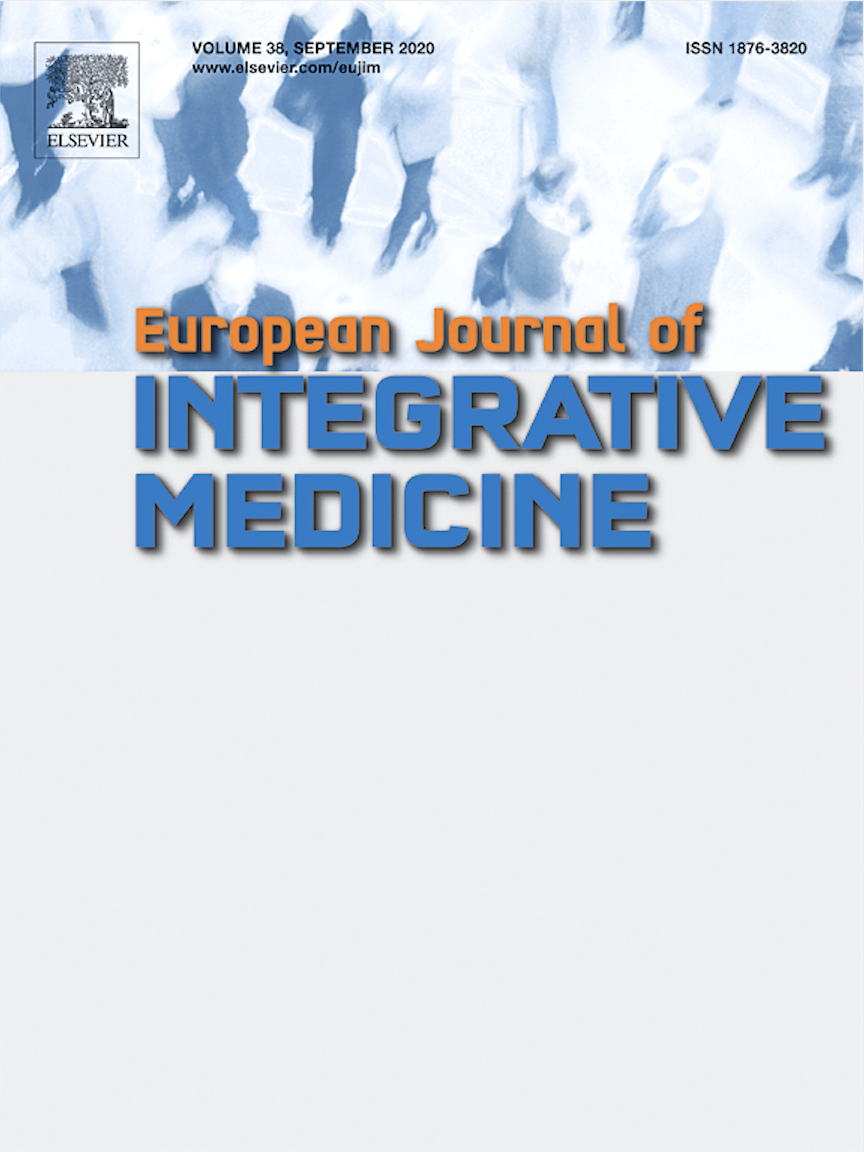
Impact of whole-systems traditional Chinese medicine therapy on in vitro fertilization and embryo transfer outcomes: A retrospective cohort study
2023 Jun European Journal of Integrative Medicine Song JY, Dong FY, Wu ZJ, Ma YX, Sun ZG
Our findings suggest that WS-TCM therapy may improve the LBRs and cumulative LBRs of subfertile women undergoing IVF-ET. Nonetheless, more comprehensive, rigorous, large-scale prospective comparative studies are needed to verify these findings.
Cohort Study Embryo Transfer Chinese Medicine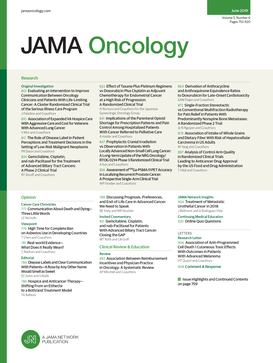
Efficacy of Acupoint Application on In Vitro Fertilization Outcome in Patients with Polycystic Ovary Syndrome: A UHPLC-MS-Based Metabolomic Study
2022 Oct 14 JAMA Oncology Yu L, Xia Q, Sun Z, Song J
Acupoint application can effectively improve the clinical symptoms and the outcome of IVF-ET treatment in patients with PCOS of the phlegm-dampness type, and its mechanism of action may be related to the regulation of the pathways of pyruvate metabolism, nicotinate and nicotinamide metabolism, protein digestion and absorption, biosynthesis of amino acids, and pyrimidine metabolism.
Randomised Controlled Trial IVF PCOS AcupointResearch insights are moderated by the Research Hub team and offer an at-a-glance overview of interesting research findings.

2024 Heliyon
Increased omega-3 intake significantly improves women's chances of pregnancy and fertilization rates.
Systematic Review Female Fertility Omega-3 Fatty Acids
Effect of omega-3 supplements or diets on fertility in women: A meta-analysis
Trop-Steinberg S, Gal M, Azar Y, Kilav-Levin R, Heifetz EM

2023 Chinese Journal of Integrative Medicine
Acupuncture may have a positive impact on clinical pregnancy rate and live birth rate in women undergoing in vitro fertilization (IVF), although the results are limited by the heterogeneity of the current evidence.
Systematic Review
Pregnancy Benefit of Acupuncture on in vitro Fertilization: A Systematic Review and Meta-Analysis
Zhang H, Zhang C, Ma P, Sun C, Sun C, Liu X, et al.
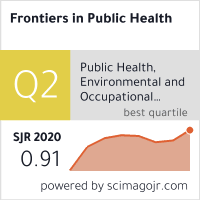
2022 Frontiers in Public Health
The study found that acupuncture as an adjuvant therapy for frozen-thawed embryo transfer (FET) in infertile women had positive effects on pregnancy outcomes.
Systematic Review Embryo Transfer Pregnancy
Effects of acupuncture on the pregnancy outcomes of frozen-thawed embryo transfer: A systematic review and meta-analysis
Zhu C, Xia W, Huang J, Zhang X, Li F, Yu X, et al.
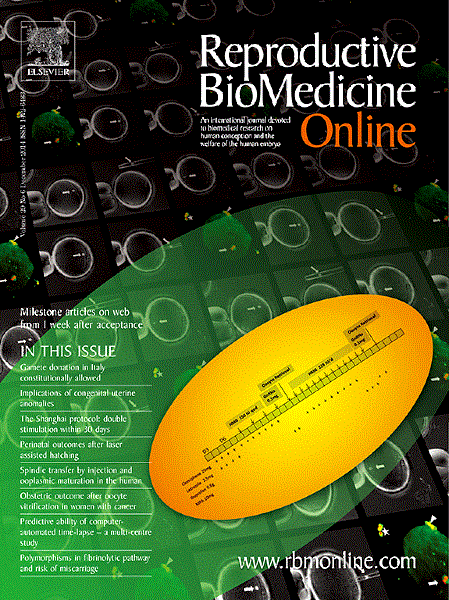
2022 Reproductive BioMedicine Online
The potential of acupuncture as a non-pharmacological intervention to alleviate IVF-related state anxiety.
Systematic Review Acupuncture
Effect of acupuncture on IVF-related anxiety: a systematic review and meta-analysis
Hullender Rubin LE, Smith CA, Schnyer RN, Tahir P, Pasch LA

2021 Frontiers in Public Health
Based on the current evidence, acupuncture appears to be beneficial to increase the clinical pregnancy rate in women undergoing in vitro fertilization and embryo transfer.
Systematic Review Acupuncture
An Overview of Systematic Reviews of Acupuncture for Infertile Women Undergoing in vitro Fertilization and Embryo Transfer
Wang X, Wang Y, Wei S, He B, Cao Y, Zhang N, et al.
Review Articles
Review articles summarise and critically evaluate the current state of research on a specific topic or field by synthesising multiple primary research studies.

Effect of omega-3 supplements or diets on fertility in women: A meta-analysis
2024 Apr Heliyon Trop-Steinberg S, Gal M, Azar Y, Kilav-Levin R, Heifetz EM
Systematic Review Meta-Analysis IVF Female Fertility Omega-3 Fatty AcidsIncreased omega-3 intake significantly improves women's chances of pregnancy and fertilization rates.

Pregnancy Benefit of Acupuncture on in vitro Fertilization: A Systematic Review and Meta-Analysis
2023 Oct 10 Chinese Journal of Integrative Medicine Zhang H, Zhang C, Ma P, Sun C, Sun C, Liu X, et al.
Systematic Review Meta-Analysis IVFAcupuncture may have a positive impact on clinical pregnancy rate and live birth rate in women undergoing in vitro fertilization (IVF), although the results are limited by the heterogeneity of the current evidence.
Review(s) Completed, Editorial Evaluation Pending, as of 20 Oct 2021. —Ve-Vinn L 22 Oct 2021

A systematic review and meta-analysis of acupuncture in in-vitro fertilisation
2023 Sep BJOG: An International Journal of Obstetrics & Gynaecology El-Toukhy T, Sunkara SK, Khairy M, Dyer R, Khalaf Y, Coomarasamy A
Currently available literature does not provide sufficient evidence that adjuvant acupuncture improves IVF clinical pregnancy rate.
Systematic Review Meta-Analysis IVF Acupuncture
Effects of acupuncture on the pregnancy outcomes of frozen-thawed embryo transfer: A systematic review and meta-analysis
2022 Sep 09 Frontiers in Public Health Zhu C, Xia W, Huang J, Zhang X, Li F, Yu X, et al.
Systematic Review Meta-Analysis Pregnancy Embryo TransferThe study found that acupuncture as an adjuvant therapy for frozen-thawed embryo transfer (FET) in infertile women had positive effects on pregnancy outcomes.

Effect of acupuncture on IVF-related anxiety: a systematic review and meta-analysis
2022 Jul Reproductive BioMedicine Online Hullender Rubin LE, Smith CA, Schnyer RN, Tahir P, Pasch LA
Systematic Review Meta-Analysis AcupunctureThe potential of acupuncture as a non-pharmacological intervention to alleviate IVF-related state anxiety.
Clinical Trials
Clinical trials are research studies that involve people and are conducted to evaluate the safety and efficacy of new treatments or interventions, such as drugs, medical devices, or behavioural therapies.

Efficacy of Acupoint Application on In Vitro Fertilization Outcome in Patients with Polycystic Ovary Syndrome: A UHPLC-MS-Based Metabolomic Study
2022 Oct 14 JAMA Oncology Yu L, Xia Q, Sun Z, Song J
Acupoint application can effectively improve the clinical symptoms and the outcome of IVF-ET treatment in patients with PCOS of the phlegm-dampness type, and its mechanism of action may be related to the regulation of the pathways of pyruvate metabolism, nicotinate and nicotinamide metabolism, protein digestion and absorption, biosynthesis of amino acids, and pyrimidine metabolism.
Randomised Controlled Trial IVF PCOS Acupoint
Effects of Acupuncture on Endometrium and Pregnancy Outcomes in Patients with Polycystic Ovarian Syndrome Undergoing in vitro Fertilization-Embryo Transfer: A Randomized Clinical Trial
2022 Apr 13 Chinese Journal of Integrative Medicine Wu J, Ning Y, Ye Y, Liu Y, Tang M, Hu S, et al.
Acupuncture can improve the proportion of type A endometrium, regulate the levels of serum E 2 and P on the day of hCG injection, and improve the pregnancy rate in patients with PCOS infertility undergoing IVF-ET.
Randomised Controlled Trial IVF Acupuncture Endometrium
The Mechanism of Traditional Chinese Medicine Based on Semi-Targeted Metabolomics to Improve IVF Outcomes in Senile Patients
2021 Nov 10 Evidence-Based Complementary and Alternative Medicine Ma YJ, Yuan LH, Xiao JM, Jiang HY, Sa YH, Sun HQ, et al.
Qi-Zi-Yu-Si decoction can effectively improve the IVF outcome and clinical symptoms of senile patients. Follicular fluid metabolites were significantly changed in senile infertile women with kidney qi deficiency, and the mechanism by which kidney-invigorating herbs improve IVF treatment outcomes may be related to glycerophospholipid metabolism and steroid hormone biosynthesis.
Randomised Controlled Trial Chinese Herbal Medicine
Erzhi Tiangui Granules Improve In Vitro Fertilization Outcomes in Infertile Women with Advanced Age
2021 Aug 12 JAMA Oncology Sun J, Song JY, Dong Y, Xiang S, Guo Q
Treatment with the EZTG granule can improve embryo quality in IVF of advanced age females with both kidney Qi and Yin deficiency syndromes. The mechanism is attributed to down regulation of apoptotic-effector protein expressions in the follicular fluid.
Randomised Controlled Trial Infertility Er Zhi Tian Gui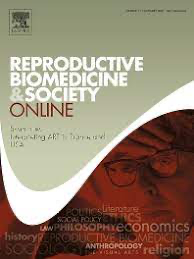
IVF, acupuncture and mental health: a qualitative study of perceptions and experiences of women participating in a randomized controlled trial of acupuncture during IVF treatment
2021 Mar 30 Reproductive BioMedicine & Society Online de Lacey S, Sanderman E, Smith CA
Randomised Controlled Trial Female FertilityWomen receiving IVF perceived that acupuncture or sham acupuncture gave them a psychological advantage through increased relaxation, reduced psychological stress, and enhanced well-being and self-efficacy.
Study Protocols
Published study protocols are detailed plans that outline the objectives, methodology, statistical analyses, and organisation of a research study that have been made publicly available for others to review and use as a reference.

Effect of electro-acupuncture on ovarian function of women with diminished ovarian reserve: study protocol for a randomized controlled trial
2021 Dec Trials Yang L, Zhang H, Zhou L, Gao Y, Yang L, Hu Y, et al.
The results of this trial may provide high-quality evidence regarding the effectiveness of electro-acupuncture in the treatment of DOR and following outcomes of IVF-ET. This will also help patients with DOR and their physicians by offering a new treatment option.
Study Protocol Electroacupuncture
A comparison of the efficacy and safety of traditional Chinese medicine in preconditioning patients with diminished ovarian reserve that would undergo In Vitro fertilization
2021 Jan 29 Medicine Qin X, Gong Y, Yu F, Song J, Dong S, Zhang R, et al.
The efficacy and safety of traditional Chinese medicine in preconditioning patients with diminished ovarian reserve that would undergo In Vitro Fertilization will be evaluated and the result of this study will provide reliable evidence of the use of TCM in IVF.
Study Protocol IVF
Pregnancy outcome treated with stage-by-stage acupuncture and moxibustion therapy based on the chong channel being sea of blood theory in repeated IVF-ET failure patients
2020 Nov 20 Medicine Xing, L., Xu, J., Zhang, Q., et al.
Combination of acupuncture and medicine can significantly improve endometrial receptivity of patients.
Study Protocol
Safety and Effectiveness of Acupuncture for POSEIDON Patients in IVF/ICSI: A Protocol for Systematic Review and Meta-Analysis
2020 Sep 8 OSF Registries Zhu, X., Yang, L., Li, Z., et al.
Study Protocol Female Fertility
Acupuncture to improve live birth rates for women undergoing in vitro fertilization: a protocol for a randomized controlled trial
2012 May 18 Trials Smith, C.A., de Lacey, S., Chapman, M. et al.
Study Protocol Female FertilityPresentation Slides

Systematic Review
Increased omega-3 intake significantly improves women's chances of pregnancy and fertilization rates.
Trop-Steinberg S, Gal M, Azar Y, Kilav-Levin R, Heifetz EM

Systematic Review
Acupuncture may have a positive impact on clinical pregnancy rate and live birth rate in women undergoing in vitro fertilization (IVF), although the results are limited by the heterogeneity of the current evidence.
Zhang H, Zhang C, Ma P, Sun C, Sun C, Liu X, Pu Z, Lin Y, Liu B, Liu C, Yan S

Systematic Review
The study found that acupuncture as an adjuvant therapy for frozen-thawed embryo transfer (FET) in infertile women had positive effects on pregnancy outcomes.
Zhu C, Xia W, Huang J, Zhang X, Li F, Yu X, Ma J, Zeng Q

Systematic Review
The potential of acupuncture as a non-pharmacological intervention to alleviate IVF-related state anxiety.
Hullender Rubin LE, Smith CA, Schnyer RN, Tahir P, Pasch LA

Systematic Review
Based on the current evidence, acupuncture appears to be beneficial to increase the clinical pregnancy rate in women undergoing in vitro fertilization and embryo transfer.
Wang X, Wang Y, Wei S, He B, Cao Y, Zhang N, Li M

Randomised Controlled Trial
Women receiving IVF perceived that acupuncture or sham acupuncture gave them a psychological advantage through increased relaxation, reduced psychological stress, and enhanced well-being and self-efficacy.
de Lacey S, Sanderman E, Smith CA

Systematic Review
Acupuncture therapy on patients with recurrent implantation failure can improve the pregnancy outcome of patients. It is a relatively effective treatment with satisfactory safety and suitable for clinical application.
Li, M., Liu, Y., Wang, H., Zheng, S., Deng, Y., & Li, Y.

Systematic Review
Acupuncture may have a positive effect on anxiety relief during IVF treatment, while its effect on depression relief is inconclusive.
Ye JY, He YJ, Zhan MJ, Qu F

Systematic Review
Compared with western medicine, acupuncture significantly increased the pregnancy and ovulation rates, as well as reducing the rate of miscarriages among Chinese women with infertility.
Zhang, J., He, Y., Liu, Y., Huang, X., & Yu, H.
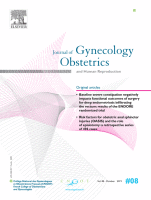
Systematic Review
Acupuncture appears to be beneficial to women with poor ovarian reserve or with previous unsuccessful attempts of in vitro fertilization with embryo transfer.
Gu, Y.-E., Zhang, X., Zhang, Q., Dai, M.-C., Wu, Y., Zhou, Y., & Qu, F.

Systematic Review
Our analysis finds a benefit of acupuncture for IVF outcomes in women with a history of unsuccessful IVF attempt, and number of acupuncture treatments is a potential influential factor.
Xie Z, Peng Z, Yao B, Chen L, Mu Y, Cheng J, Li Q, Luo X, Yang P, Xia Y
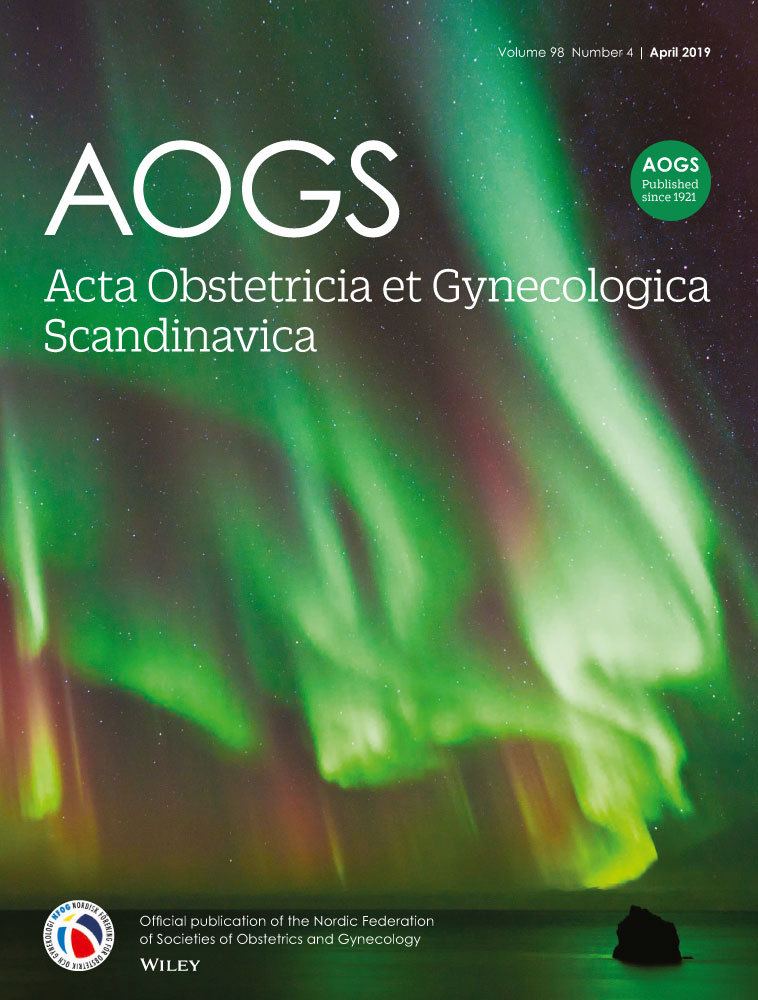
Randomised Controlled Trial
Acupuncture during IVF treatment can possibly lower anxiety at the time of embryo transfer but seems to have no long-term impact on women's quality of life.
Smith CA, de Lacey S, Chapman M, Ratcliffe J, Norman RJ, Johnson NP, Fahey P

Systematic Review
Acupuncture may have a significant effect on clinical pregnancy rates, independent of comparator group, when used in women who have had multiple previous IVF cycles, or where there was a low baseline pregnancy rate.
Smith, C. A., Armour, M., Shewamene, Z., Tan, H. Y., Norman, R. J., & Johnson, N. P.
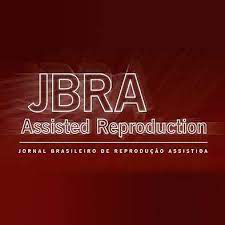
Systematic Review
Acupuncture performed on the day of embryo transfer has a significant effect on embryo implantation, however, a negative one.
Schwarze, J.-E., Ceroni, J. P., Ortega-Hrepich, C., Villa, S., Crosby, J., & Pommer, R.

Systematic Review
Acupuncture treatment is beneficial in vitro fertilization (IVF) or intracytoplasmic sperm injection (ICSI) for improving the clinical pregnancy, implantation, and live birth outcomes.
Zhang X, Lee MS, Smith CA, Robinson N, Zhou Y, Wu Y, Mao YY, Qu F

Systematic Review
Acupuncture may increase the clinical pregnancy rate and ongoing pregnancy rate and decrease the risk of ovarian hyperstimulation syndrome in women with PCOS undergoing IVF or ICSI.
Jo J, Lee YJ
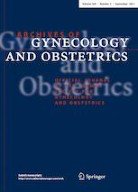
Systematic Review
Acupuncture improves the clinical pregnancy rate among women undergoing IVF and the IVF outcome results were significantly superior in the acupuncture group when acupuncture was conducted during controlled ovarian hyperstimulation.
Qian, Y., Xia, X.-R., Ochin, H., Huang, C., Gao, C., Gao, L., Cui, Y.-G., Liu, J.-Y., & Meng, Y.
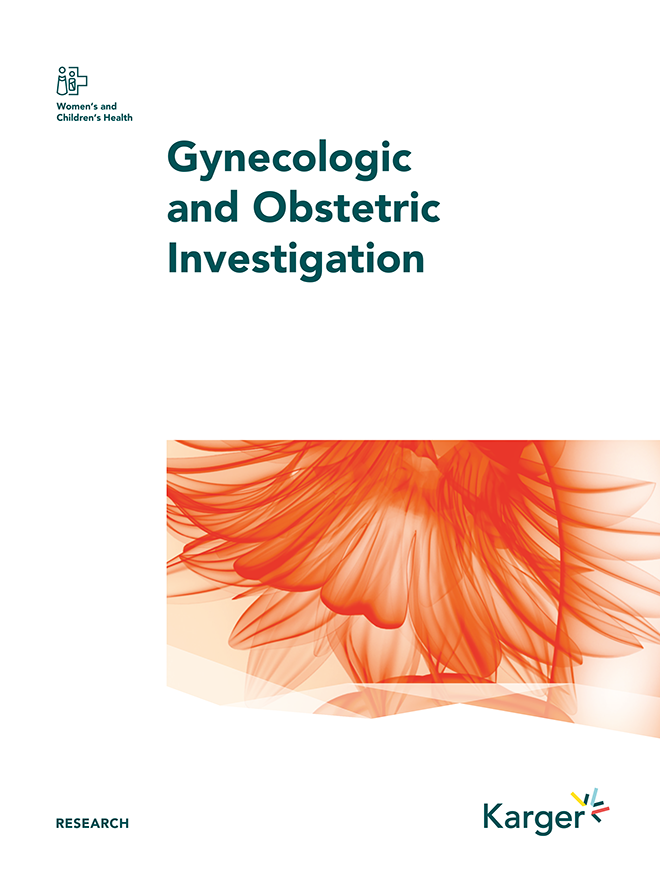
Systematic Review
We found pooled benefit of acupuncture for IVF when performed at follicle phase and 25 min before and after embryo transfer, as well as 30 min after embryo transfer and implantation phase.
Shen C.,Wu M., Shu D., Zhao X. and Gao Y.
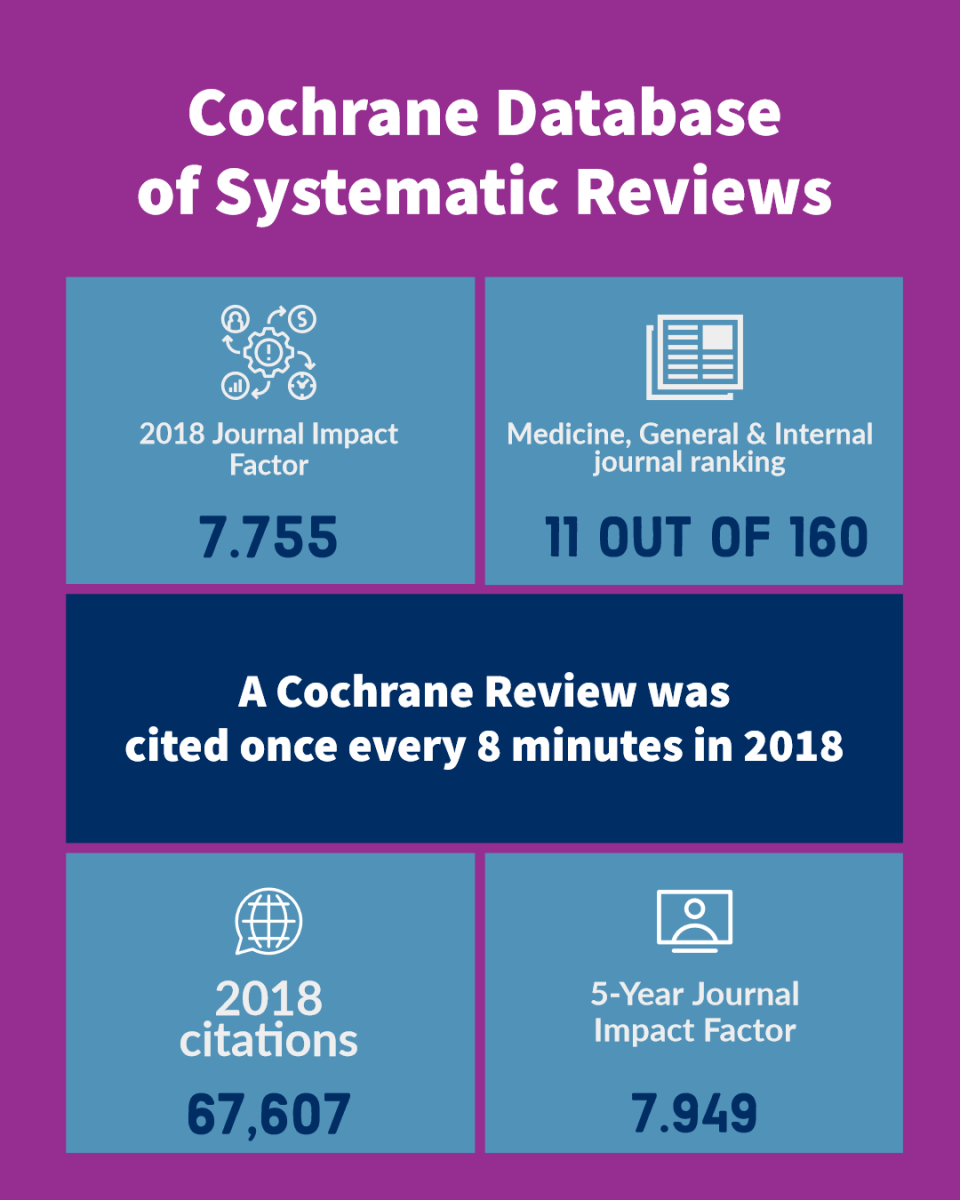
Systematic Review
Despite its widespread use during assisted reproductive technology (ART) cycles, acupuncture does not appear to improve live birth or pregnancy rates in couples dealing with subfertility.
Cheong YC, Dix S, Hung Yu Ng E, Ledger WL, Farquhar C
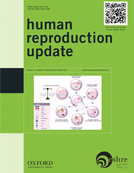
Systematic Review
The meta-analysis indicates that while adjuvant acupuncture does not show a pooled benefit for in vitro fertilization (IVF) across all trials, it appears to have a more significant effect in trials with lower baseline pregnancy rates, warranting further investigation and confirmation in additional studies.
Manheimer, E. ., van der Windt, D., Cheng, K., Stafford, K., Liu, J. ., Tierney, J., Lao, L. ., Berman, B. ., Langenberg, P., & Bouter, L.
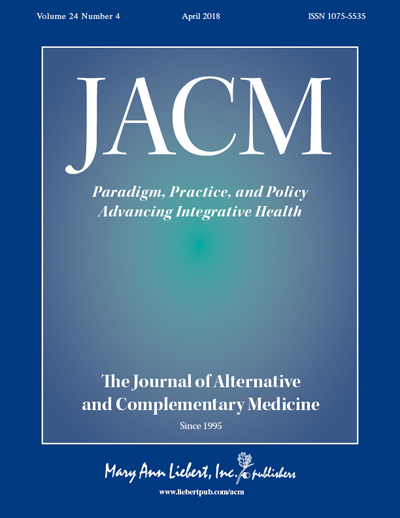
Systematic Review
The meta-analysis suggests that acupuncture does not provide significant benefits in improving the outcomes of in vitro fertilization (IVF) or intracytoplasmic sperm injection (ICSI) treatments.
Qu, F., Zhou, J., & Ren, R.-X.
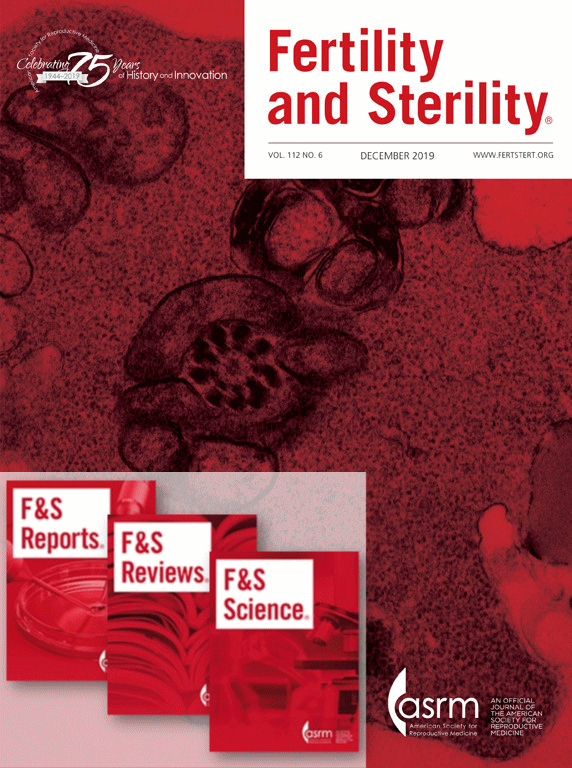
Systematic Review
Acupuncture appears to improve clinical pregnancy rate and live birth rate in women undergoing in vitro fertilization, but the choice of control used in studies may influence the outcomes.
Zheng, C. H., Huang, G. Y., Zhang, M. M., & Wang, W.
Executive Summary
Write an executive summary in the form of a blog article on the topic of "Research into Chinese medicine treatment for IVF" summarising the research below and using language that can be easily understood by patients and avoiding medical jargon using a professional and caring tone of voice.
Write an executive summary in the form of a blog article on the topic of "Researched Chinese medicine treatments for IVF" summarising the research below in an objective and easy to understand way, and using language that can be easily understood by patients. Group the article into Chinese medicine treatments first, followed by nutrition and other treatments. Avoid using medical jargon and use a professional and caring tone of voice.
Write me a concise but easy to understand executive summary on the topic of "Chinese medicine treatments for IVF" based on the following research that I will give you. Your summary should be 2 paragraphs long in Australian English spelling and include references to the studies.
A Systematic Review published in 2024 in the journal Heliyon found that Increased omega-3 intake significantly improves women's chances of pregnancy and fertilization rates. The methodology involved retrieving articles from databases like PubMed, Clinical Trials, CINAHL/EBSCO, Medline Complete, and Cochrane Library, published up to April 2021 using keywords related to omega-3, fertilization, and pregnancy. The selection criteria included studies that reported female fertility occurring naturally or intracytoplasmic sperm injection techniques concurrent with omega-3 intake, excluding retrospective studies, studies featuring postmenopausal women, or those with unevenly matched research groups. A meta-analysis was conducted using the extracted odds ratios of clinical pregnancies and fertilization rates from each study. The results, drawn from six fertility treatment-related trials with 1789 women, four trials with 2607 women who conceived naturally, and three further trials involving 1725 oocytes for fertility rates, consistently show the beneficial effects of omega-3. These findings, however, exhibited a high degree of heterogeneity, suggesting variable factors across the studies might have influenced the outcomes.
A Systematic Review published in 2023 in the journal Chinese Journal of Integrative Medicine found that Acupuncture may have a positive impact on clinical pregnancy rate and live birth rate in women undergoing in vitro fertilization (IVF), although the results are limited by the heterogeneity of the current evidence. This study aimed to assess the efficacy of acupuncture on embryo transfer in women undergoing in vitro fertilization (IVF). A total of 49 randomized controlled trials (RCTs) involving 9422 women were analyzed. The results indicated that acupuncture had a significant positive impact on the clinical pregnancy rate (CPR) and live birth rate (LBR) compared to the control groups (odds ratio [OR]=1.65 for CPR, 1.34 for LBR). Subgroup analyses showed that traditional acupuncture was more beneficial for women aged < 35 years, those receiving ≥ 3 sessions, and those with lower baseline CPR rates in the control group. However, significant heterogeneity was observed among the studies. In conclusion, while there were some benefits of acupuncture in improving CPR and LBR in IVF, the results should be interpreted with caution due to the variability in the current evidence.
A Systematic Review published in 2022 in the journal Frontiers in Public Health found that The study found that acupuncture as an adjuvant therapy for frozen-thawed embryo transfer (FET) in infertile women had positive effects on pregnancy outcomes. The study investigates the effects of acupuncture as supplementary therapy for frozen-thawed embryo transfer (FET) in infertile women. It finds significant positive impacts on clinical pregnancy rate, biochemical pregnancy rate, endometrial thickness, and pattern. However, the evidence quality is considered unsatisfactory, prompting a call for more robust research and refined acupuncture protocols.
A Systematic Review published in 2022 in the journal Reproductive BioMedicine Online found that The potential of acupuncture as a non-pharmacological intervention to alleviate IVF-related state anxiety. This systematic review and meta-analysis focused on acupuncture's impact on IVF-related state anxiety. Eight trials involving 2253 participants were analyzed, with 1785 completing anxiety assessments. Results indicated a small yet significant reduction in state anxiety through acupuncture versus various controls, as measured by different scales after embryo transfer or oocyte retrieval. The standardized mean difference was -0.21, but evidence certainty was low due to limited studies and potential bias. Acupuncture emerges as a safe, drug-free option for alleviating IVF-related anxiety, although further research is needed to establish its efficacy amidst trial heterogeneity.
A Systematic Review published in 2021 in the journal Frontiers in Public Health found that Based on the current evidence, acupuncture appears to be beneficial to increase the clinical pregnancy rate in women undergoing in vitro fertilization and embryo transfer. This study reviews the SRs of acupuncture for infertile women undergoing IVF-ET. Based on the current evidence, acupuncture appears to be beneficial to increase the CPR in women undergoing IVF-ET. However, there are severe heterogeneity and methodological quality defects, which limit the reliability of results. Further, high-quality primary studies are still needed.
A Randomised Controlled Trial published in 2021 in the journal Reproductive BioMedicine & Society Online found that Women receiving IVF perceived that acupuncture or sham acupuncture gave them a psychological advantage through increased relaxation, reduced psychological stress, and enhanced well-being and self-efficacy. In this qualitative study, participants reported that compassionate care and an opportunity to rest during IVF, and especially following embryo transfer, had an emotionally important effect. All women in the trial underwent the same procedural practices which involved bed rest during needling, among other comforts. Some women described benefitting purely from this opportunity to rest quietly in a supportive environment amidst the maelstrom of IVF. There was also recognition that this ‘oasis’, albeit brief, was an important time for allowing the meaning of having an embryo transferred to ‘soak in’, and presented an oppportunity to ‘be in the moment’.
A Systematic Review published in 2021 in the journal Evidence-Based Complementary and Alternative Medicine found that Acupuncture therapy on patients with recurrent implantation failure can improve the pregnancy outcome of patients. It is a relatively effective treatment with satisfactory safety and suitable for clinical application. The aim of this analysis was to identify the efficacy and safety of acupoint stimulation therapy for RIF patients. The results of meta-analysis show that for the outcome measurements including clinical pregnancy rate, biochemical pregnancy rate, embryo implantation rate, and endometrial thickness, the use of acupuncture in the treatment group is higher than the sham or nonacupuncture group, in which the difference is statistically significant. These results are believable and reliable. The included studies are highly homogeneous and there is no obvious publication bias. However, large heterogeneity appears in the statistical analysis of the endometrial thickness. Moreover, there was no statistical significance in the number of embryo transfers and the type of endometrium.
A Systematic Review published in 2021 in the journal European Journal of Integrative Medicine found that Acupuncture may have a positive effect on anxiety relief during IVF treatment, while its effect on depression relief is inconclusive. Twelve studies with 2867 participants were included. A significant difference was observed for the relief of anxiety comparing acupuncture with controls during IVF treatment. No significant difference was found for clinical pregnancy rate. Only 2 out of 12 studies assessed remission of depression but there was no clear effect shown for acupuncture.
A Systematic Review published in 2020 in the journal European Journal of Integrative Medicine found that Compared with western medicine, acupuncture significantly increased the pregnancy and ovulation rates, as well as reducing the rate of miscarriages among Chinese women with infertility. Twenty-four eligible RCTs (n=2095) were included in this review. The NMA data showed that warm acupuncture had the highest chances of increasing the rate of pregnancy while acupuncture most positively affected the ovulation rate. On the other hand, a combination of acupuncture and moxibustion had the most significant improvement in endometrial thickness and could reduce the rate of pregnancy loss.
A Systematic Review published in 2019 in the journal Journal of Gynecology Obstetrics and Human Reproduction found that Acupuncture appears to be beneficial to women with poor ovarian reserve or with previous unsuccessful attempts of in vitro fertilization with embryo transfer. The present systematic review is designed to summarize the evidence concerning the effect of acupuncture on pregnancy outcomes in vitro fertilization with embryo transfer (IVF-ET). We searched MEDLINE, the Wanfang Database, the China Academic Journal Electronic Full-text Database in the China National Knowledge Infrastructure, and the Index to Chinese Periodical Literature. Randomized controlled trials with intervention groups using acupuncture and control groups consisting of no acupuncture or sham (placebo) acupuncture in IVF-ET treatment were selected. Study characteristics were examined from these studies and an intention-to-treat approach was used to extract outcome data from each study. In total, 31 articles including 4450 women passed our selection criteria. The legitimacy, characteristics, and IVF outcomes of the included trials were summarized. Additional Traditional Chinese Medicine (TCM) theory-based, standardized, large-size, randomized, and multicenter trials are necessary prior to any conclusions being drawn on whether TCM can improve IVF outcomes.
A Systematic Review published in 2019 in the journal BMC Complementary Medicine and Therapies found that Our analysis finds a benefit of acupuncture for IVF outcomes in women with a history of unsuccessful IVF attempt, and number of acupuncture treatments is a potential influential factor. Our analysis finds a benefit of acupuncture for IVF outcomes among women with a history of unsuccessful IVF attempt, and number of acupuncture treatments is a potential influential factor. As repeated IVF cycle is possibly a proxy for implantation failure, which associated with poor prognoses (i.e. increasing age, longer history of infertility, elevated Peak FSH). In the future, analyses of pooled, patient-level data will be useful to find the true role of these parameters on the efficacy of acupuncture on IVF outcomes.
A Randomised Controlled Trial published in 2019 in the journal Acta Obstetricia et Gynecologica Scandinavica found that Acupuncture during IVF treatment can possibly lower anxiety at the time of embryo transfer but seems to have no long-term impact on women's quality of life. A multicenter randomised controlled trial was conducted recruiting women between 18 to 42 years, who were already undergoing a fresh IVF cycle and not using acupuncture. The experiment ran between June 2011 and October 2015 in Australia and New Zealand. Random assignments placed participants in either the acupuncture group or a control group which received sham acupuncture. Three treatments were administered in total - the first between the 6th and 8th day of ovarian stimulation, and the other two on the day of the embryo transfer. The results of the study highlighted that participants who received acupuncture reported experiencing significantly less anxiety following the embryo transfer. However, no discernible difference was found between the groups in terms of quality of life following the embryo transfer. The apparent benefit of acupuncture on the general health of participants was not sustained 14 weeks after the trial, which indicates that acupuncture might not have a long-term impact on a woman's emotional well-being following an IVF cycle.
A Systematic Review published in 2019 in the journal Reproductive BioMedicine Online found that Acupuncture may have a significant effect on clinical pregnancy rates, independent of comparator group, when used in women who have had multiple previous IVF cycles, or where there was a low baseline pregnancy rate. Evidence suggests acupuncture may be effective when compared with no adjunctive treatment, with increased clinical pregnancies and live births, but is not an efficacious treatment when compared with sham controls. Future research should focus on different dosing acupuncture regimens, and exploration of the components of acupuncture that are contributing to improved reproductive outcomes. Increased understanding of these components may have broader application to the care and treatment modalities provided to women undergoing IVF. Further exploration of the effects of acupuncture for women with poorer IVF outcomes is warranted.
A Systematic Review published in 2018 in the journal JBRA Assisted Reproduction found that Acupuncture performed on the day of embryo transfer has a significant effect on embryo implantation, however, a negative one. According to our findings, physicians should encourage their patients to avoid undergoing acupuncture on the day of ET, since it diminishes the chances of getting pregnant. It still has to be elucidated the mechanisms by which acupuncture negatively affects embryo implantation. In conclusion, acupuncture performed on the day of ET has a significant effect on embryo implantation, however, a negative one. Therefore, clinicians should encourage their patients to avoid this technique the day of ET.
A Systematic Review published in 2018 in the journal European Journal of Integrative Medicine found that Acupuncture treatment is beneficial in vitro fertilization (IVF) or intracytoplasmic sperm injection (ICSI) for improving the clinical pregnancy, implantation, and live birth outcomes. Statistically significant differences were observed in rates of clinical pregnancy, live birth, and implantation rate between the acupuncture and the control groups. No significant differences were found for biochemical pregnancies, ongoing pregnancies, or miscarriage between the two groups. Adverse events were described in 4 studies.
A Systematic Review published in 2017 in the journal Acupuncture in Medicine found that Acupuncture may increase the clinical pregnancy rate and ongoing pregnancy rate and decrease the risk of ovarian hyperstimulation syndrome in women with PCOS undergoing IVF or ICSI. Acupuncture may increase the CPR and OPR and decrease the risk of OHSS in women with PCOS undergoing IVF or ICSI. Further studies are needed to confirm the efficacy and safety of acupuncture as an adjunct to assisted reproductive technology in this particular population.
A Systematic Review published in 2016 in the journal Archives of Gynecology and Obstetrics found that Acupuncture improves the clinical pregnancy rate among women undergoing IVF and the IVF outcome results were significantly superior in the acupuncture group when acupuncture was conducted during controlled ovarian hyperstimulation. When the studies were restricted to Asian or non-Asian area patients, compared with traditional acupuncture and other methods, electrical acupuncture yielded better IVF outcomes. Optimal positive effects could be expected using acupuncture in IVF during controlled ovarian hyperstimulation, especially in Asian area. However, as a limitation of this review, most of the included studies did not mention the number of embryos transferred.
A Systematic Review published in 2015 in the journal Gynecologic and Obstetric Investigation found that We found pooled benefit of acupuncture for IVF when performed at follicle phase and 25 min before and after embryo transfer, as well as 30 min after embryo transfer and implantation phase. Our study showed that acupuncture increased pregnancy rates when performed at follicle phase and 25 min before and after ET or 30 min after ET and after the implantation phase in the IVF process. However, there was no statistically significant difference in women undergoing IVF between treatment performed only around the time of ET, follicle phase or implantation phase. The study of Zheng et al. also showed that the pooled CPR result around the time of ET showed no significant differences between all acupuncture groups and the control groups. However, the CPR result of acupuncture performed around the time of controlled ovarian hyperstimulation showed a significant difference. The potential impact of acupuncture in the treatment of female infertility on the hypothalamic-pituitary-ovarian axis and on the uterus was significant, but the specific mechanism was still unknown.
A Systematic Review published in 2013 in the journal Cochrane Database of Systematic Reviews found that Despite its widespread use during assisted reproductive technology (ART) cycles, acupuncture does not appear to improve live birth or pregnancy rates in couples dealing with subfertility. This passage discusses a meta-analysis that aimed to determine the effectiveness and safety of acupuncture as an adjunct to assisted reproductive technology (ART) cycles for couples dealing with subfertility. The review included 20 randomized controlled trials, analyzing the impact of acupuncture on live birth rate, ongoing pregnancy rate, miscarriage rate, and side effects. The findings indicate that acupuncture did not show any overall benefit in improving live birth or pregnancy rates during ART cycles, regardless of whether it was performed around oocyte retrieval or embryo transfer. Additionally, acupuncture did not have significant side effects. The authors conclude that there is no evidence supporting the use of acupuncture to enhance live birth or pregnancy rates in assisted conception.
A Systematic Review published in 2013 in the journal Human Reproduction Update found that The meta-analysis indicates that while adjuvant acupuncture does not show a pooled benefit for in vitro fertilization (IVF) across all trials, it appears to have a more significant effect in trials with lower baseline pregnancy rates, warranting further investigation and confirmation in additional studies. This passage presents a meta-analysis that aimed to assess the overall pooled effects of adjuvant acupuncture on in vitro fertilization (IVF) clinical pregnancy success rates, as well as identify factors that might explain the heterogeneity of results across trials. The analysis included 16 trials with 4021 participants and found no statistically significant difference between acupuncture and control groups when combining all trials or analyzing sham-controlled and no adjuvant treatment-controlled trials separately. However, the study identified baseline pregnancy rate as a significant effect modifier, with trials having lower control group pregnancy rates showing larger effects of adjuvant acupuncture. Overall, the meta-analysis did not find a pooled benefit of adjuvant acupuncture for IVF, but the potential benefit in trials with lower baseline pregnancy rates requires further exploration and confirmation in additional studies due to potential confounders and publication bias.
A Systematic Review published in 2012 in the journal The Journal of Alternative and Complementary Medicine found that The meta-analysis suggests that acupuncture does not provide significant benefits in improving the outcomes of in vitro fertilization (IVF) or intracytoplasmic sperm injection (ICSI) treatments. The article conducted a systematic review with a meta-analysis of trials on acupuncture during in vitro fertilization (IVF) or intracytoplasmic sperm injection (ICSI) treatment. The pooled analysis of 17 trials showed that acupuncture did not significantly impact clinical pregnancy, biochemical pregnancy, ongoing pregnancy, implantation rate, live birth, or miscarriage outcomes. Therefore, the study concludes that there are no significant benefits of acupuncture in improving IVF or ICSI outcomes.
A Systematic Review published in 2012 in the journal Fertility and Sterility found that Acupuncture appears to improve clinical pregnancy rate and live birth rate in women undergoing in vitro fertilization, but the choice of control used in studies may influence the outcomes. This systematic review and meta-analysis aimed to evaluate the effect of acupuncture on in vitro fertilization (IVF) outcomes. The study included 24 randomized controlled trials with a total of 5,807 participants. The acupuncture intervention groups used manual, electrical, and laser acupuncture techniques, while the control groups consisted of no, sham, and placebo acupuncture. The main outcome measures were clinical pregnancy rate (CPR) and live birth rate (LBR). The analysis showed that the pooled CPR from all acupuncture groups was significantly higher than that from all control groups, indicating that acupuncture improves CPR and LBR among women undergoing IVF. However, the results differed when the type of control was considered, suggesting that the choice of control used in the studies might influence the outcomes. The Streitberger control, in particular, was found to have different effects compared to other controls. The authors concluded that more positive effects from using acupuncture in IVF can be expected if an appropriate control and more reasonable acupuncture programs are employed.
Moderation Tools
Topic
Sign In
Users not signed in are limited to viewing the 5 most recent items of content.
Review(s) Completed, Editorial Evaluation Pending, as of 20 Oct 2021. —Ve-Vinn L 22 Oct 2021